Mediamax continues its "50 Global Armenians" special project and presents the next hero, Sergei Kazarian, professor of physical chemistry in Imperial College London. United Kingdom
Sergei Kazarian is a professor of physical chemistry. He was born in Kazakhstan, studied in Novosibirsk, Yerevan and then - in Moscow. In 1991, he received an invitation from Nottingham University where he worked for 3 years. In 1994-1998, he worked in Georgia Tech University (Atlanta, USA). In 1998, he returned to the U.K., to Imperial College London which is one of the most prestigious universities in the world. He is currently a professor in the Department of Chemical Engineering. Sergei Kazarian is a Fellow of Royal Society of Chemistry.
I was born in East Kazakhstan where my father worked as a geologist, he had studied in Yerevan and moved to work in Kazakhstan. As a schoolboy, I did not want to become a scientist but an aircraft designer. I was interested in creating models of aircrafts. In the 8th grade, I won the regional math Olympiad and I was invited to an academic town in Novosibirsk to study in physics and mathematics specialized school, which was considered one of the best in the Soviet Union. There I entered the university and started studying in the faculty of physics. However, my father had always wanted to return to Armenia and after 3 years of studying in Novosibirsk I moved to the faculty of physics in the Yerevan State University and my parents came back to Armenia several months later.
Perhaps, I had a strong patriotic sense (which was typical for youth maximalism then) about Armenia and it was at that period that I opened up for myself the Armenian history, literature, culture and architecture. I only lived 4 years in Armenia but I really owe to it a lot of things including my gradual shift of interest from physics to chemistry.
After these studies, Sergei worked in the Yerevan Institute of High-Purity Compounds for 2 years.

Haghartsin monastery
Photo from Sergei Kazarian's personal archive
In Yerevan State University, the son of the famous Armenian writer Stepan Kurtikyan, offered me to undertake research diploma in spectroscopy. He thought that it was a field which is applicable anywhere including other related disciplines. I did my postgraduate studies in Moscow and, after obtaining a PhD there, was offered a research scientist position in the Institute of Spectroscopy of the Russian Academy of Sciences. In 1991, I received a research fellowship funded by NATO and the Royal Society. It was the first scheme of its type aimed at inviting young soviet scholars to work in the West. I was invited by the famous chemist Martin Poliakoff who is now Vice President of Royal Society.
In 1991, Sergei and his family went to Nottingham University for 3 years and then he received an invitation from the Georgia Tech Institute in Atlanta.
I was surprised to get the invitation to the US but I decided to go there for a week first, and only then did I agree to accept the position there.
The US is a rather dynamic country which makes it good in terms of gaining experience and learning how to be competitive as well. Though I have to confess, my wife and I did not quite like the American lifestyle. However, I think I would not have achieved so many things here, in Britain, without the American experience. I worked in the U.S. for 4 years and then we returned to London again in 1998.
I thought my time for getting a permanent academic position had passed as the Western countries prefer appointing younger specialists. Besides, despite my work in Russia, U.S. and Great Britain, I did not have teaching experience. I wrote a letter to my British colleagues from America and they gladly responded. I prepared a grant application (which, by the way, is another valuable thing that America taught me) and it was successful. In London, I was given a chance to teach. Over 2 years, I was a lecturer and I became a professor in several years. I also got the opportunity to do research in various fields that I had not experienced before, particularly applying spectroscopy for chemical imaging.

With students in a lab.
Photo from S. Kazarian's personal archive.
Molecules speak their own language and if you shed light on them you can decode this language. Professor Kazarian says that this is what always attracted him. Spectroscopic methods are applied to obtain chemical images of materials on the microscopic level. The approach is widely used in many fields from fingerprinting up to biomedicine and drugs. Besides, Sergei cooperates with scholars from London National Gallery who study the processes of aging and conservation of paintings.
I get many different offers from various countries. For instance, a new university offered me to be a dean of the faculty at least for 2 years. I refused but if the opportunity arose in Armenia it would likely be more attractive.
It is always interesting to travel around the world to give lectures and meet new people. But it can be tense as often I have to prepare lectures on the plane. Academic life is not only teaching and research but also "public engagement" and consulting in addition to getting and managing research grants, providing manuscript peer-review and participating in various research committees and research funding agency panels.
As for "public engagement", professor Kazarian proudly speaks about the presentation of the achievements of his research group at summer science exhibition devoted to the 350th anniversary of Royal Society.

At the Royal Society Summer Science Exhibition.
Photo from S. Kazarian's personal archive.
Only a little time is left for family. Easter is coming soon (the interview was held in mid March-edit.) and we will traditionally go to an Armenian church.
Two Armenian churches are located in the vicinity of the Imperial College. One of them was built by Gyulbekyan and the second was obtained by Manukyan brothers. I have recently visited it though on a sad occasion - the memorial evening for Armenia's late Ambassador to U.K. Karine Kazinyan was being held there....
Professor Kazarian says that he met with Karine Kazinyan a short time ago, in November 2012, when he got an invitation to attend the event dedicated to the 20th anniversary of the establishment of Armenian-British relations. He confesses that he did not quite understand how he found himself among the invitees but he says he was very pleased. The news on sudden death of Karine Kazinyan was a very sad one for Sergei Kazarian.
Sergei had not visited Armenia for a long time. But over the past 5 years, he has come three times- he delivered lecturers in Armenian institutes and took part in a conference He will be visiting Armenia again in June this year for the special research Round Table event at the National Academy of Sciences of Armenia.
Sergei's daughter, Anna, took part in the "Birthright Armenia" program 3 years ago. She worked in a children's hospital in Yerevan. She also visited Karabakh to see the graves of her maternal ancestors (Sergei's wife is an Armenian from Karabakh).

With daughter Anna in Echmiadzin.
Photo from S. Kazarian's personal archive.
Though I spent most of my life outside Armenia and I do not, perhaps, quite look like an Armenian, I think myself an Armenian. Why? Perhaps, many factors played a role. I think, first of all love to Armenia and patriotism in me is from my father who has always been an example for me and I just wanted to be like him. Then, my love to "Ararat" football team was born well before it was in its full peak having won the USSR championship and cup in 1973. I have been always highly interested in everything related to Armenia.
Professor Kazarian recalls verses of Silva Kaputikyan on an apple-tree: "the soil underneath the apple-tree was little and the apples rolled away to other gardens". It's about Armenians spread all over the world. Sergei says his mother often read this poem to him in his childhood and he fully agrees with the poetess - preserving "aroma and color" is the most important thing.
Sergei Kazarian was interviewed by Aram Araratyan.
















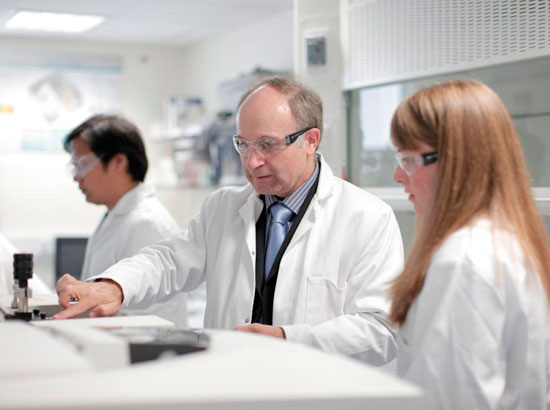
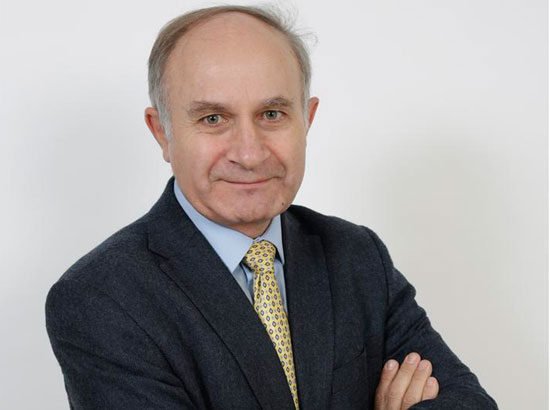
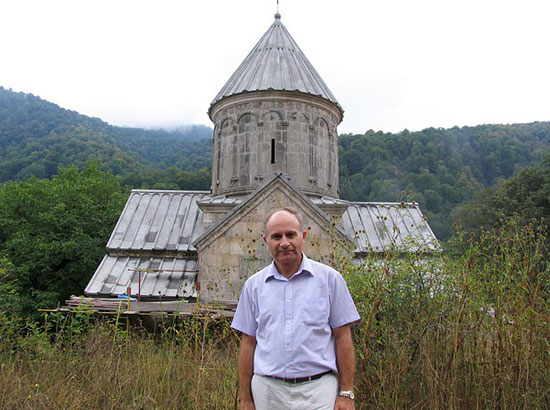
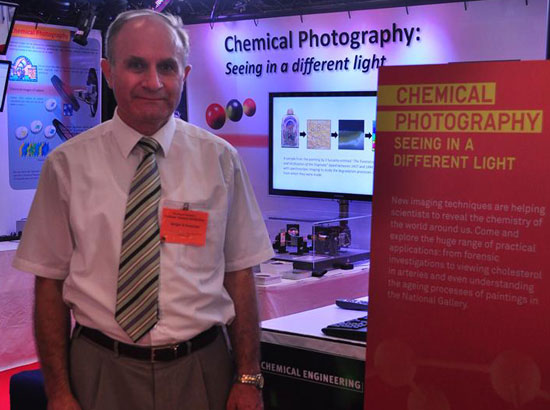
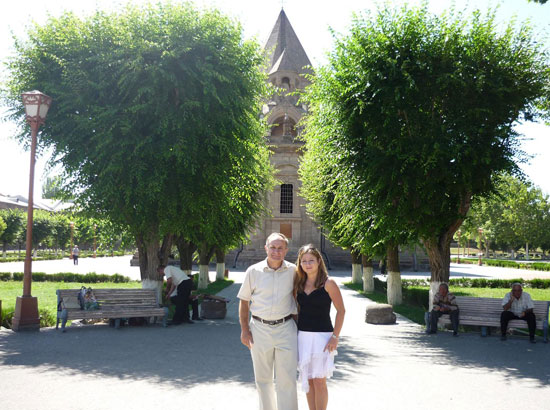

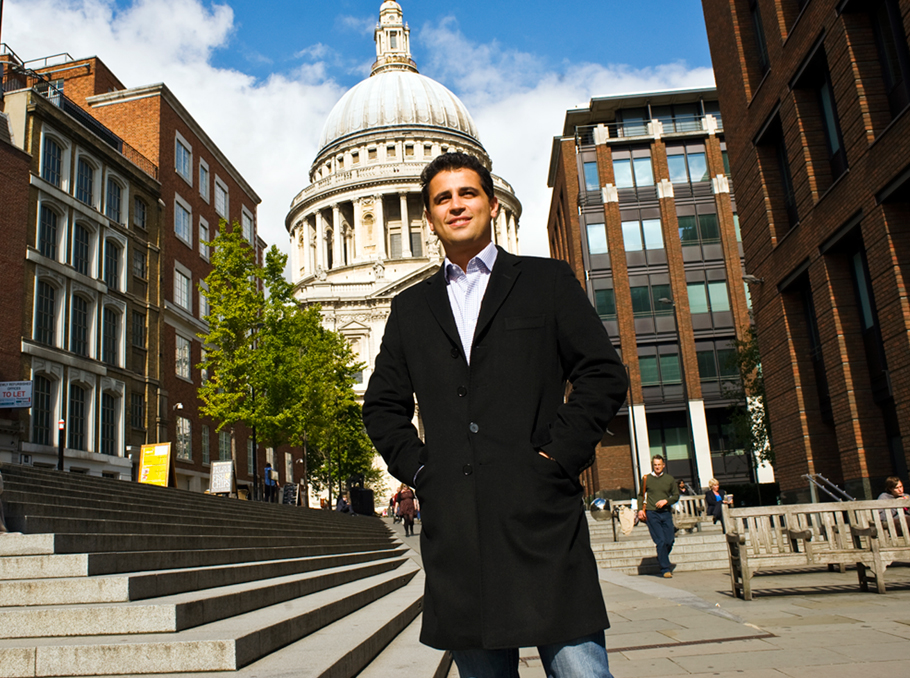
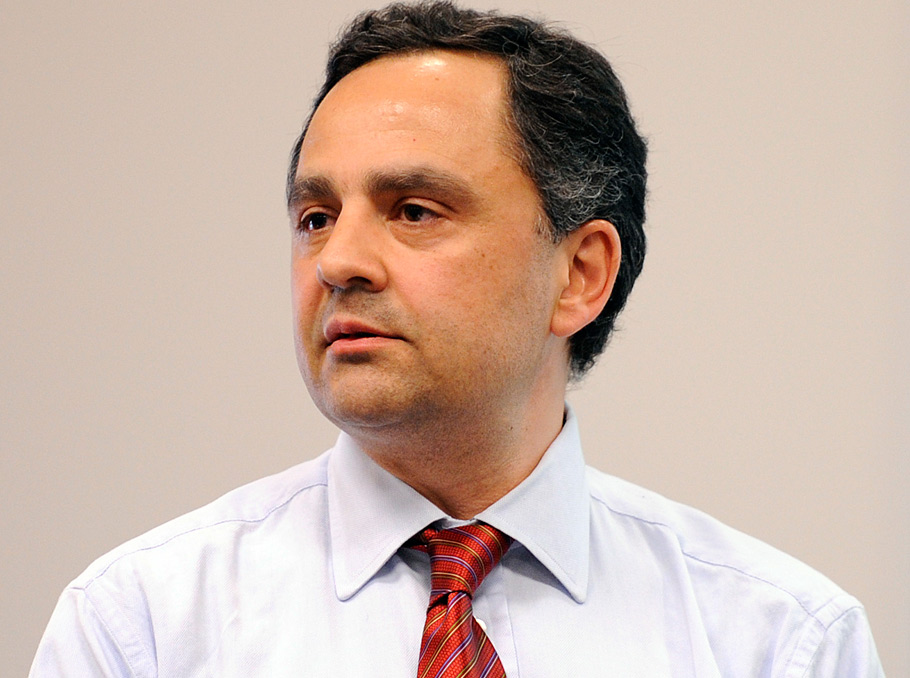
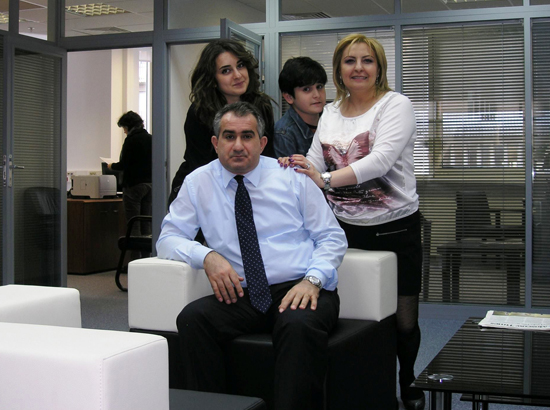
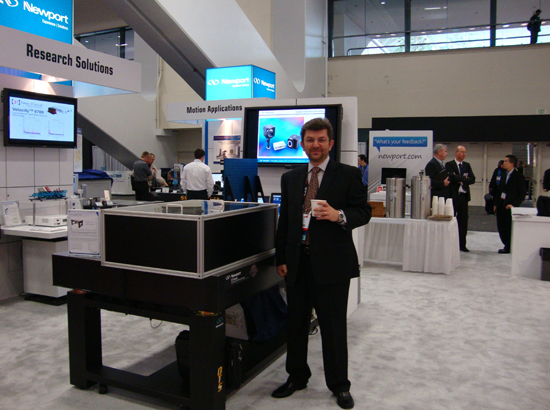
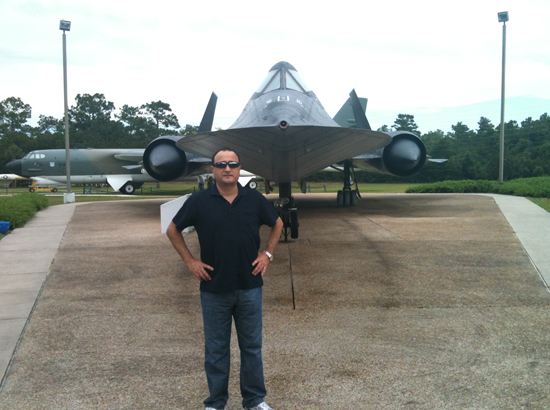







Comments
Dear visitors, You can place your opinion on the material using your Facebook account. Please, be polite and follow our simple rules: you are not allowed to make off - topic comments, place advertisements, use abusive and filthy language. The editorial staff reserves the right to moderate and delete comments in case of breach of the rules.